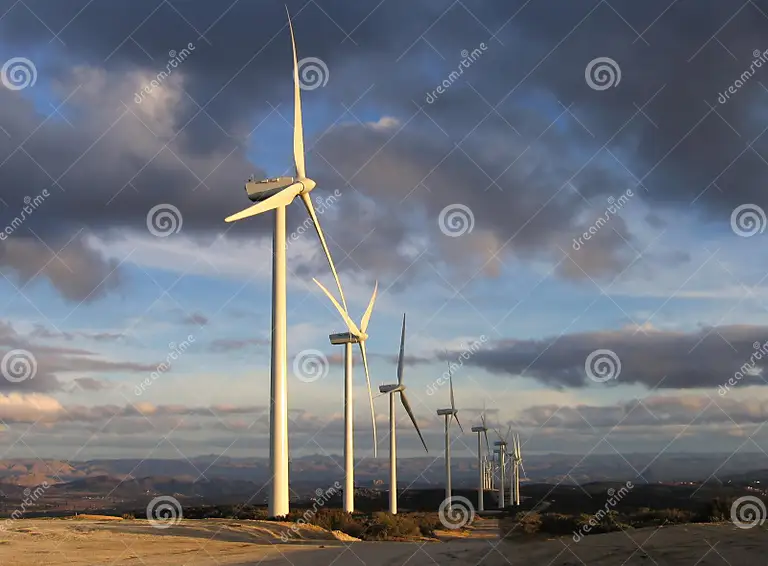
Growing Concern Among Australians Over Impact of Renewable Energy Transition on Energy Prices
Ipsos Summery
A new survey reveals that a growing number of Australians believe the shift to renewable energy is negatively affecting energy prices in the country. Ipsos, a global market research firm, has released a report offering insights into Australians’ views on the government’s and political parties’ push for an energy transition.
The survey found that 41 percent of respondents are worried about the transition’s impact on living costs, marking a 10 percent increase since 2022. Additionally, 37 percent and 36 percent of respondents feel the transition is detrimental to the affordability of household energy bills and the reliability of energy supply, up by 7 percent and 11 percent, respectively.
Moreover, the percentage of Australians who want the transition to focus on reducing energy prices and enhancing network reliability has surged by 13 percent compared to the previous survey. There has also been a decline in support for Australia taking a leading role in the energy transition, with only 58 percent of respondents now in favor, down from 64 percent in 2022.
“The current cost-of-living environment is prompting many Australians to reassess the financial impact of the energy transition on their households,” said Stuart Clark, Ipsos Australia’s Public Affairs Director. “This is dampening enthusiasm for Australia to lead the global transition.”
These concerns come amid a notable rise in electricity prices in recent years. Data from the Australian Competition and Consumer Commission shows that effective prices for residential customers increased by 14 percent between September 2022 and September 2023, following a 13.1 percent rise between September 2021 and September 2022.
For instance, over two-thirds of respondents believe the transition could lead to higher household energy prices, while 58 percent think electric cars are as harmful to the environment as petrol cars. Additionally, half of the respondents feel that building more solar and wind farms is encroaching on valuable agricultural land, and more renewable energy projects could lead to increased blackouts and brownouts.





Three weeks ago I received a letter from Origin energy informing me of a reduction in my kw/h charge, and my daily supply charge. As I am on solar power, I have worked out that the cheapest time to run my dishwasher, wash my clothes etc is when the sun is shining. So I do, rather than a fear of a price increase, I am getting a price reduction! I live in Adelaide.
Wally can be his Pay Packet that the cost of electricity will not go down and he will be safe. The real price kick will come when these unreliable Wind Turbines (those which haven’t yet burst into flames) need replacing at the end of 15 years, and also when the solar panels need replacing after 20 years. The Loopy Greens and Socialist Labor can run around wringing their hands stating all sorts of lies and Furphys, but I am not aware of any Private company which is willing to work for nothing and voluntarily go broke. Watch the bottom line.
Only the investors in the Chinese Parliament will be smiling over our dumb move to wind and sun. Ohh and Penny and her mate Albo and that deranged bloke in charge of Electricity Power.
I live in hope that politicians will be able to bring in NUCLEAR POWER.!!!!!
I have solar panels, no battery. AGL pays me 10 cents per kWh feed-in tariff. I don’t pay any electricity bills; AGL pays me. What’s bad about that?